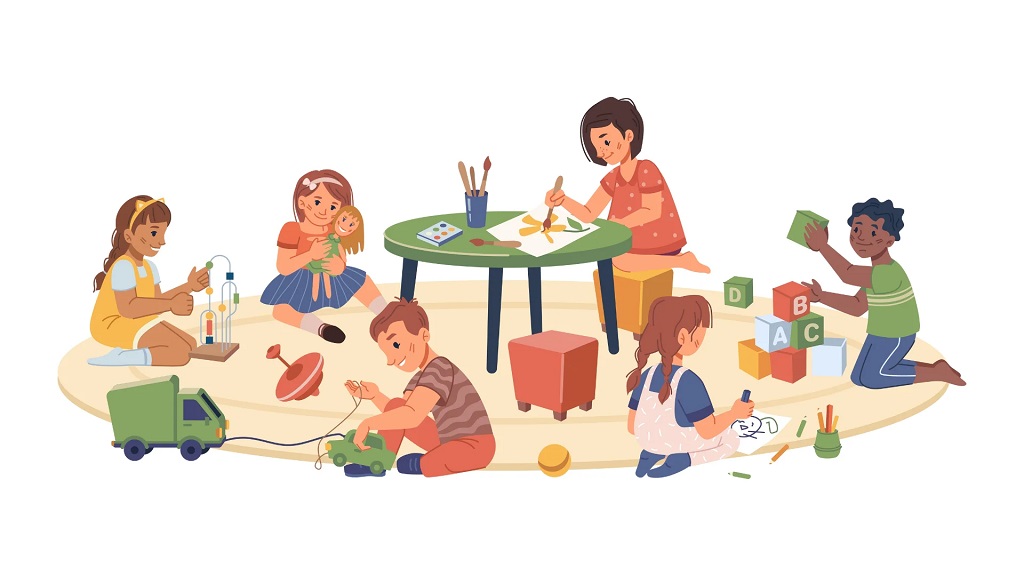Imagine you are browsing through a website, and you come across a puzzle that asks you to spell out a number using the English alphabet. It might seem like a simple task at first, but upon closer inspection, you realize that this is a tricky riddle. The answer is right in front of you, but you need to think outside the box to solve it. So, what number is spelt with an “A”? Let’s embark on a journey to uncover the answer and explore the fascinating world of linguistic puzzles. The article is written by Studywatches.com
The Intriguing Puzzle
To crack the code and find the number that is spelt with an “A,” we must delve into the English language’s peculiarities. It’s not a matter of arithmetic; instead, it’s all about the way we express numbers in writing. Are you ready to unravel this enigma?
Unveiling the Mystery: “A” is for “Eight”
In English, the only number spelt with an “A” is “eight.” Surprising, isn’t it? When you pronounce “eight” out loud, it’s quite evident that the letter “A” plays a crucial role in spelling. Discover which number is spelled in alphabetical order.
The Intricacies of the English Language
The English language is full of intriguing complexities and oddities. From homophones to heteronyms, grammar rules to phonetics, learning English can be an adventure. Numbers, too, have their unique characteristics, and the puzzle of spelling out “eight” with an “A” is just one example of the many linguistic curiosities we encounter.
The Significance of Puzzles in Language Learning
Puzzles, like the one we just explored, serve a valuable purpose in language learning and cognitive development. They challenge our minds and encourage us to think critically. Solving language puzzles can improve vocabulary, comprehension, and problem-solving skills. Plus, they add an element of fun to the learning process!
The Beauty of Language Diversity
Languages around the world differ significantly in their structures and expressions. While English may have peculiarities like spelling “eight” with an “A,” other languages have their own linguistic wonders. Embracing language diversity can open our minds to new perspectives and cultures, enriching our understanding of the world.
Embracing Curiosity and Learning
Inquisitiveness is a powerful tool for human beings. When we embrace curiosity and seek answers to questions like the “A” puzzle, we engage in lifelong learning. Every discovery, no matter how small, broadens our horizons and keeps our minds sharp.
Language and Brain Power
Did you know that language learning can actually enhance brain power? Studies have shown that multilingual individuals often exhibit better cognitive abilities, including improved memory, attention, and problem-solving skills. So, the next time you encounter a language-related puzzle, take it as an opportunity to exercise your brain!
The Role of Language in Shaping Society
Language is not merely a tool of communication; it also plays a vital role in shaping societies and cultures. Language reflects the beliefs, values, and history of a community. By understanding and appreciating linguistic nuances, we can foster better cross-cultural communication and build bridges of understanding.
The Influence of Technology on Language
As technology continues to advance, it also affects language use and evolution. From text-speak and emojis to new terminologies, our digital era is constantly reshaping the way we communicate. Embracing these changes while preserving the essence of language is essential for staying connected in the modern world.
Language and Human Connection
Language is at the heart of human connection. It enables us to express emotions, share stories, and connect with others on a profound level. Whether through written or spoken words, language has the power to create lasting impressions and build meaningful relationships.
Nurturing Language Skills
Nurturing our language skills is an ongoing process. Reading books, engaging in conversations, and exploring linguistic puzzles all contribute to our language proficiency. Let’s make a conscious effort to celebrate the wonders of language and strive to be better communicators.
Conclusion
The puzzle of spelling a number with an “A” has taken us on a linguistic journey. We discovered that “eight” is the unique number that holds this distinction in the English language. Beyond the puzzle, we explored the beauty and complexities of language, the significance of puzzles in learning, and the importance of embracing language diversity. Let’s continue to cherish language as a powerful tool for connection and understanding in our diverse world.
FAQs
Q1: Is there any other number spelt with a letter in the English language?
A1: No, “eight” is the only number spelt with a letter (“A”) in the English language.
Q2: Are there other language puzzles worth exploring?
A2: Absolutely! Language puzzles are diverse and fascinating. Exploring wordplay, homophones, and riddles from various cultures can be a rewarding experience.
Q3: How can language puzzles benefit language learners?
A3: Language puzzles enhance vocabulary, critical thinking, and problem-solving skills. They make language learning more enjoyable and engaging.
Q4: Can language learning improve cognitive abilities?
A4: Yes, studies suggest that learning languages can enhance brain power, leading to improved memory, attention, and cognitive flexibility.
Q5: What is the importance of preserving languages in a globalized world?
A5: Preserving languages is crucial for maintaining cultural identity and fostering intercultural understanding, even in a globalized world.




